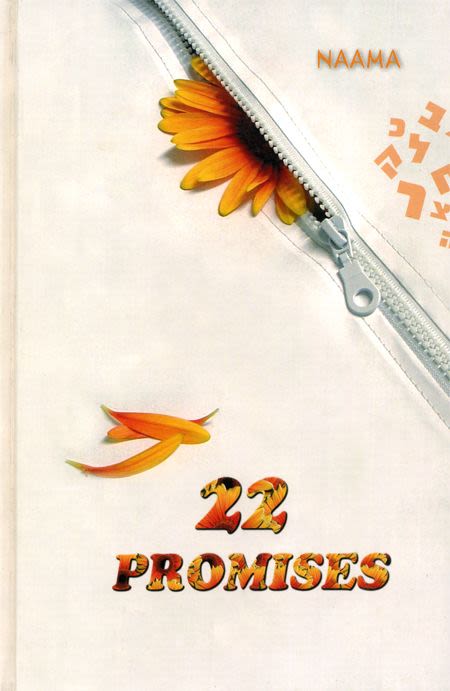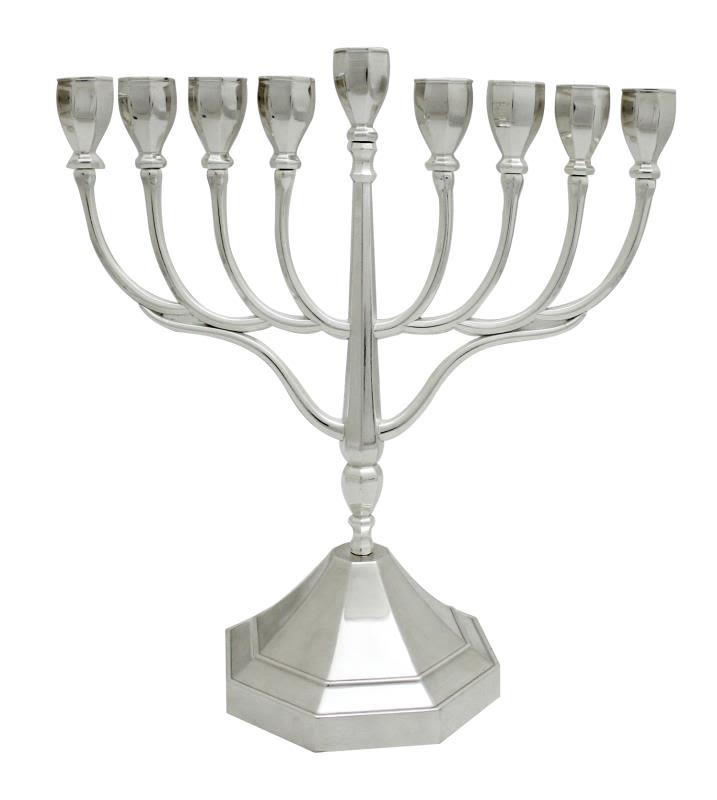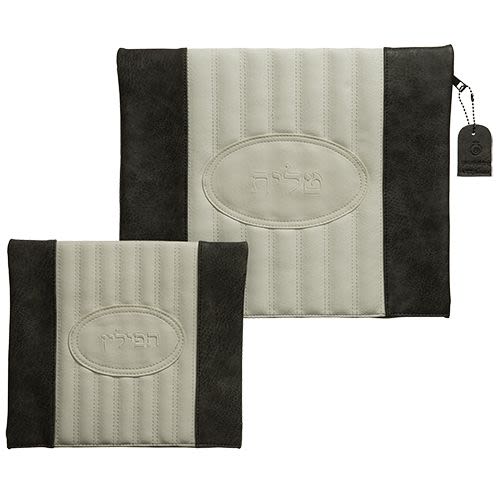
Mishpatim: Women’s Rights in Judaism
According to the Torah, marital intimacy is the right of the wife and not vice versa, teaching us an important principle about Judaism's attitude towards physical relationships...

Parshat Mishpatim
THE HEBREW MAIDSERVANT
“If a man sells his daughter to be a maidservant…” (Shemot 21:7). The laws of Jewish slaves are difficult to deal with, especially for women. We wonder how it can be fair that a father has the right to sell his daughter to become a maidservant. Which transgression made her deserve such a degrading position? It is, however, an unfortunate fact of life, that the social position of parents affects their children.
Nevertheless, Rambam explains that the father is not permitted to sell his daughter unless he becomes so destitute that he loses all his possessions, including the shirt off his back. Ralbag agrees that a man is not allowed to sell his daughter unless he has absolutely no other way to support himself. Although he sold her because of destitution, teaches Rambam, the father should be forced to redeem her, and avoid a blemish on the family. According to Rashi, the father dealt deceitfully with her by selling her to a man who was unwilling to marry her when she reached maturity. Her father would, therefore, not be permitted to sell her again. This is alluded to in the end of the following verse: “seeing that he has dealt deceitfully with her,” which according to the simple meaning refers to the master who neglects his moral obligation to marry his maidservant. Rashi adds, however, that it also refers to the father. Meam Loez holds that the father behaved in an extremely cruel way. He should rather become a stone carrier to avoid selling his daughter. The Mincha Belula notes that our verse calls the father “a man” because he does not deserve the title “father,” since he had no mercy on his daughter. He treated her as a stranger, which is not what is expected of a father.
A PROTECTION FOR THE DAUGHTER
We might ask: If selling one's daughter as a maidservant is such an act of cruelty, then why does the Torah permit it in the first place? Perhaps the laws of the maidservant are intended to protect the daughter. When a father is not in a position to support her, he has the opportunity to hand over her care to someone who will provide for her. The laws of slaves ensure that the master treats her exactly as his own daughter, providing her with the same standard of beds, clothing and food. The master is also not allowed to make her do degrading kinds of work such as tying his shoes. When she reaches maturity, the man who took her in as a maidservant is expected to either marry her himself or marry her off to his son. Upon marriage, the Torah makes clear that she receives the exact same rights as a free woman: “If he has betrothed her unto his son, he shall do unto her after the manner of daughters” (Shemot 21:9). Let us imagine what would happen in Biblical times to a poor girl without this social institution. She might die of starvation, or have to degrade herself searching through garbage for potato peels. Who would ever want to marry this sullen eyed girl in rags, without a dowry? Becoming a maidservant protected her from having to sleep on hard straw mats and washing toilet seats until the end of her life.
AFTER THE MANNER OF DAUGHTERS
“If he takes another wife; her food (she’era), her clothing, and her conjugal rights he shall not diminish (Shemot 21:10). Rashi explains that this verse refers to the son who has agreed to marry his father's maidservant. If he takes a free woman as an additional wife, he is not allowed to diminish the marital rights of the former maidservant. The word “she'era” which Rashi translates as food, literally means flesh. The reason it is called “she'era” according to Ibn Ezra, is that the food maintains the flesh of the body. This verse is the source of the Torah obligation that a man must provide his wife with food, clothing and conjugal rights. Ramban, however, disagrees and insists that had Scripture intended food, it would have used the word “lechem” – bread, which is the usual way of referring to food. Therefore, he holds that the obligation of the husband to provide sustenance for his wife is only rabbinical. The word “she'era” refers instead, according to Ramban, to closeness of the flesh. This implies that a man is not allowed to treat his wife in the way of the Persians, who live together, while being fully dressed. The Jewish way of intimacy involves closeness of bodies without the interference of clothes.
THE DUTIES OF A HUSBAND
 Rabbi S. R. Hirsch notes that the only place in which the Torah mentions the obligations of a husband towards his wife is regarding the maidservant. The Torah purposely defines the elementary rights of Jewish wives through the example of a woman from the lowest rung; the child of a beggar compelled to sell his daughter as a slave to save her from starvation. The maidservant, disdainfully refused by her master now becomes the wife of his son. When she is placed besides an ordinary bride, a girl married out of a free rich family, the Torah proclaims: “Not by one hair's breadth may the treatment of the one differ from that given to the other.” The Torah singles out this case as an example of the general rights of married women in order to teach the following principle: “With marriage a woman rises to his station in life, but never falls from hers.” Whether she brought a dowry of gold and silver, or came to him as the tattered naked child of a beggar, she has the right to be treated according to the husband's station in life. She is treated even higher, in the case that she was used to a higher standard of living than he.
Rabbi S. R. Hirsch notes that the only place in which the Torah mentions the obligations of a husband towards his wife is regarding the maidservant. The Torah purposely defines the elementary rights of Jewish wives through the example of a woman from the lowest rung; the child of a beggar compelled to sell his daughter as a slave to save her from starvation. The maidservant, disdainfully refused by her master now becomes the wife of his son. When she is placed besides an ordinary bride, a girl married out of a free rich family, the Torah proclaims: “Not by one hair's breadth may the treatment of the one differ from that given to the other.” The Torah singles out this case as an example of the general rights of married women in order to teach the following principle: “With marriage a woman rises to his station in life, but never falls from hers.” Whether she brought a dowry of gold and silver, or came to him as the tattered naked child of a beggar, she has the right to be treated according to the husband's station in life. She is treated even higher, in the case that she was used to a higher standard of living than he. MARITAL INTIMACY – THE RIGHT OF A WIFE
Having intimacy with her husband is the right of every wife. According to Rambam, a man who marries a Jewish woman is prohibited from causing his wife pain by withholding any of her three basic rights. The Shulchan Aruch, (Even HaEzer 76:11) teaches that if a husband withholds physical intimacy from his wife, he transgresses the Torah injunction of: “Her conjugal rights he shall not diminish” (Shemot 21:10). Be'er Heitiv comments that if he doesn't intend to hurt her, but his business trips prevent him from having intimacy with her according to the prescribed times, he is not transgressing the Torah injunction. The reason is that most women are willing to wait longer to be with their husband, when they are compensated by the extra profit he brings home. Alshich, however, holds that even when the husband does not purposely withhold the conjugal rights of his wife,he still transgresses Torah law.
In our modern society, sex is usually regarded as something the woman gives to her man. The fact that marital intimacy is the right of the wife and not vice versa, teaches us an important principle about the Torah's attitude towards physical relationships. Although the man may have a greater sexual desire, living with his wife should be an unselfish act of giving in order to satisfy her need. Most women do not detach sexuality from emotional and spiritual closeness. This is why women rarely use harlots. By commanding the man to direct his sexuality towards satisfying the desire of his wife, the Torah ensures that intimacy between husband and wife reaches beyond the physical. Only when the woman holds the keys to marital intimacy, can the holy union between husband and wife encompass all levels of reality, including the physical, emotional and spiritual.
***
Rebbetzin Chana Bracha Siegelbaum is Director of Midreshet B’erot Bat Ayin in Gush Etzion. This article is an excerpt from her book Women at the Crossroads: A Woman’s Perspective on the Weekly Torah Portion, reviewed by The Jerusalem Post, The Jewish Press, Voices Magazine, Good Reads, WordPress/JewishPress and more.











Tell us what you think!
Thank you for your comment!
It will be published after approval by the Editor.